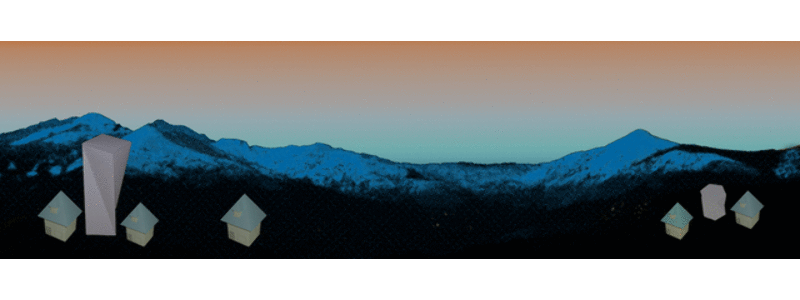The International Institute for Sustainable Development is a Canadian-based, international public policy research institute for sustainable development.
IISD has chosen to focus on topics that are ripe for transformation—where a shift in policy has the potential to snowball and, before too long, to change the nature of the game. It is only through a focus on game-changers that we will make up the sustainability deficit that has accumulated and move towards a better future.
Because they aim to make a difference in how policy is crafted and implemented, they translate the research insight into practical, realistic and cost-effective policy options that can be taken up by policy-makers at all levels.
- Their vision: Better living for all—sustainably.
- Their mission: To champion innovation, enabling societies to live sustainably.
- Their role: IISD promotes the transition toward a sustainable future; we seek to demonstrate how human ingenuity can be applied to improve the well-being of the environment, economy and society.
- Their tools are policy research, information exchange, analysis and advocacy.
- Their products are action recommendations based on careful analysis, knowledge networks to build the capacity of civil society and other organizations in both South and North, and timely reporting of international negotiations critical to the sustainability of the planet.
- Their audiences are government, business and civil society.
- Their style is to increase our influence by working collaboratively with other institutions—building long-term strategic alliances, while retaining the institutional agility necessary to confront the challenges of sustainable development.
Organization Type: Non-Government Agency
Website
Telephone
1 (204) 958-7700
